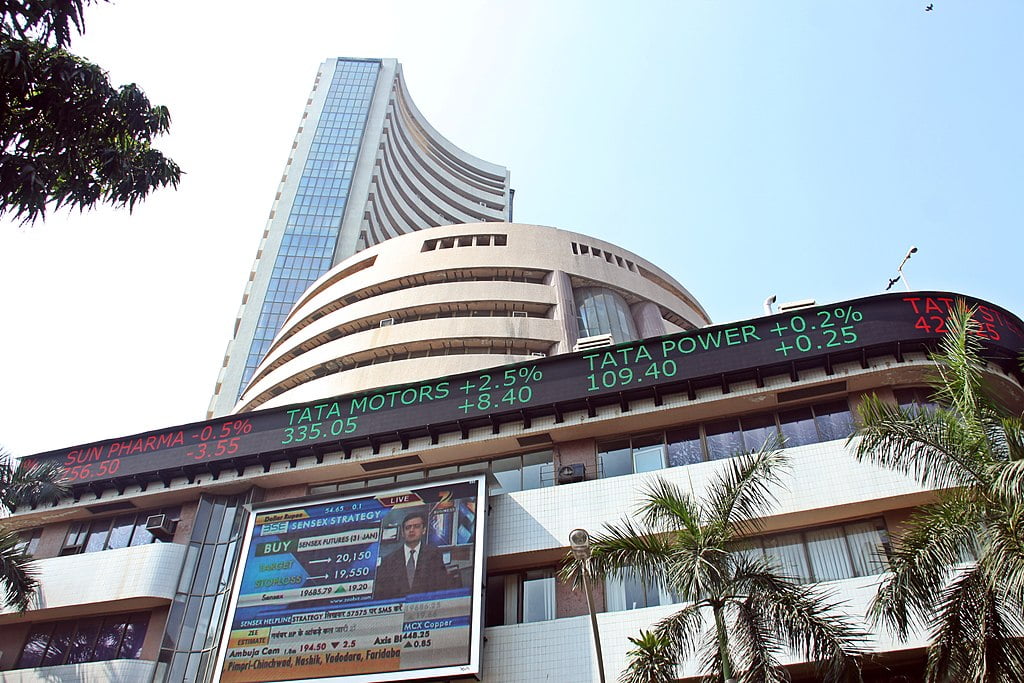Money Market in India
The Indian Financial System encompasses financial institutions, financial assets, financial services, and financial markets.
(i) Organized Market includes the Reserve Bank of India, commercial banks, cooperative banks, and other specialized financial institutions. The money market is regulated by the Reserve Bank of India.
Financial Institutions In India
Banking or Depository Institutions
This involves banks and credit unions that gather funds from the public through interest-bearing deposits and extend loans to those in need.
Non-Banking or Non-Depository Institutions

These institutions do not accept monetary deposits but offer financial products to their customers. This category includes insurance companies, trust companies/pension funds, mutual funds, brokerage firms, loan companies, currency exchanges, hedge funds, and investment banks.
Regulatory Frame Work
Institutions overseeing financial markets regulation include RBI (Reserve Bank of India), IRDAI (Insurance Regulatory and Development Authority of India), SEBI (Securities and Exchange Board of India), TRAI (Telecom Regulatory Authority of India), FSDC (Financial Stability and Development Council), and others.
Intermediates
Commercial banks, such as Axis Bank, Bank of Baroda, HDFC Bank, ICICI Bank, IDBI Bank, IDFC First Bank, Kotak Bank, SBI Bank, Union Bank of India, and others, offer loans and various financial assistance.
Non Intermediates
Institutions offering financial support to corporate clients include Export-Import Bank of India (EXIM Bank), National Bank for Agriculture and Rural Development (NABARD), National Housing Bank (NHB), Small Industries Development Bank of India (SIDBI), and Industrial Investment Bank of India (IIBI).


Financial Assets In India
Types Of Money Markets Instruments
Financial assets refer to products like securities, bonds, commodities, and currencies that are traded in financial markets. These products cater to the diverse requirements and needs of creditors within the market.
(a) Call Money Market : Call money serves as a means for banks to address their temporary or short-term cash needs. Banks engage in borrowing and lending from each other on a daily basis, with repayment on demand. The maturity period for call money ranges from one day to a fortnight. The interest rate associated with call money or short-term loans is referred to as the call rate.
(b) Treasury Bills : A treasury bill is a short-term funding instrument issued by the RBI to fulfill immediate fund needs. Known for their high liquidity, treasury bills allow holders to transfer or discount them with the RBI at any time. Typically issued at a price lower (discount) than their face value, treasury bills are redeemed at their face value (principal value). These bills, secured by
the Government of India, have a maturity period not exceeding 364 days. Major participants in the treasury bill market include banks, financial institutions, and corporations.
(c) Commercial Paper: Commercial paper (CP) serves as a widely used tool for meeting short-term working capital needs of companies. This unsecured instrument, issued in the form of a promissory note, enables companies to raise short-term funds for periods ranging from 15 days to 365 days. Major participants in the commercial paper market are highly reputable companies, often referred to as Blue Chip companies.
(d) Certificate of Deposit: Certificates of Deposit (CDs) are short-term instruments issued by Commercial Banks and Special Financial Institutions (SFIs), offering free transferability between parties. CDs have a maturity period ranging from 91 days to 365 days and can be issued to individuals, cooperatives, and companies with appropriate regulatory approval.
(e) Trade Bill: Traders often purchase goods from wholesalers or manufacturers on credit, allowing payment at the end of the credit period. However, if a seller prefers not to wait or requires immediate funds, they can issue a bill of exchange to the buyer. Once the buyer accepts or honors the bill, it transforms into a negotiable instrument, and the trade bill can be discounted with a bank before maturity. Upon maturity, the bank receives payment from the buyer of the goods. When these trade bills are accepted by commercial banks, they are referred to as Commercial Bills.
(f) Notice Money : Notice Money refers to the borrowing or lending of money for a short term, typically between 2 days to 14 days.
(g) Term Money : Term Money pertains to the borrowing or lending of funds for a period that extends beyond 14 days.
(h) Repos : A Repo, short for repurchase agreement, is a money market instrument facilitating collateralized short-term borrowing and lending. In a repo transaction, a securities holder sells them to an investor with an agreement to repurchase the securities at a predetermined date and price.
Unorganized Market (maturity is upto five year)
Hundis
Loans from Indigenous Bankers, Money Lenders and Others.
Nidhi’s and Chit Funds
The Money Market (National)
Financial Services In India
Types Of Money Markets Instruments
The Indian financial services industry encompasses various subsegments, such as mutual funds, pension funds, stockbrokers, wealth managers, insurance companies, financial advisory firms, and commercial banks. These services cater to a diverse clientele, including individuals, private businesses, and public organizations.
